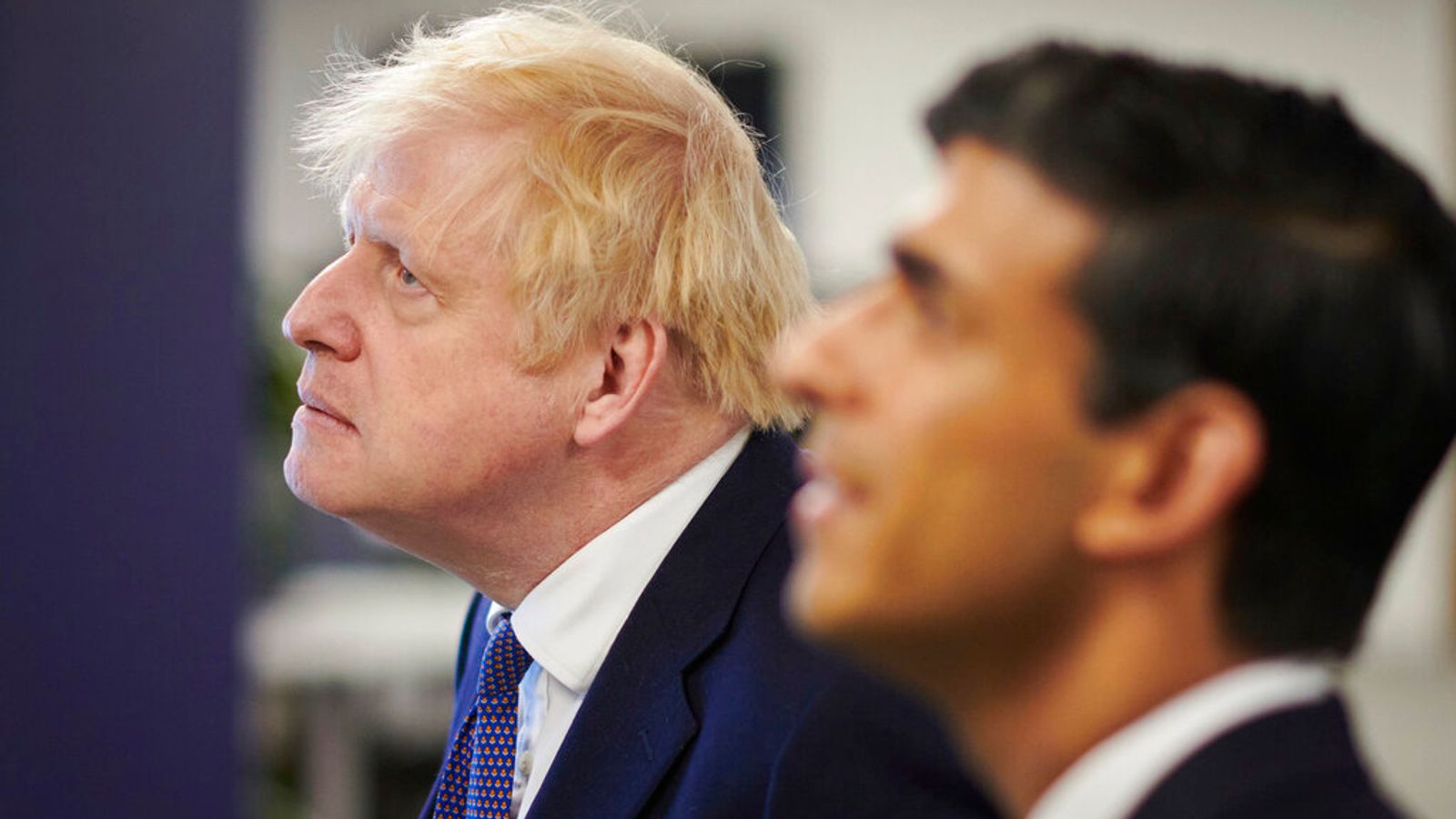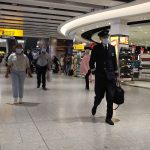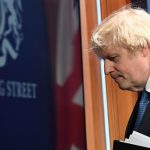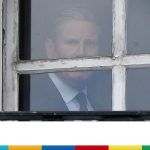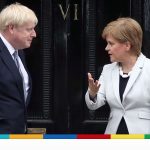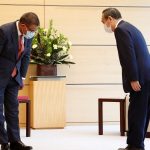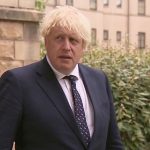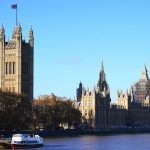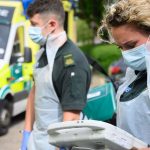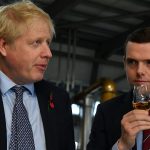A new term entered the Westminster political dictionary last spring: “doing a Barnard Castle”.
Named after the market town made famous by Dominic Cummings’s lockdown-busting trip, its definition can be roughly summarised as “the appearance that the rules don’t apply equally to everyone”.
That was the risk the government once again ran today after an early morning press note informed the country that the prime minister and chancellor would not be joining hundreds of thousands of other people in self-isolation because they had the good fortune to be enrolled in a “daily testing pilot”.
The outrage was quick and near-universal.
“If I had something to quit, I’d have quit it,” said one exasperated Tory backbencher.
“A spectacular own goal,” said a second.
In public, others began to call for the “test-to-release” scheme – which officials have made clear will not be available to the wider public anytime soon – to be rolled out more quickly.
Well, the message clearly got through.
Barely two and half hours later and both Boris Johnson and Rishi Sunak performed a tyre-screeching U-turn saying they would be self-isolating after all.
Westminster watchers spotted the chancellor got his personal tweet out two minutes before the prime minister’s “spokesman” comment.
That led some to surmise that the man from the Treasury had eyed the political danger and pushed his colleague from Number 10 into this U-turn.
In truth, the decision for the two men to avoid isolation by using an opaque and unclear “research programme” not available to most workers was likely doomed from outset.
If someone were to invent a perfect slap in the face to businesses struggling with staff shortages and transport operators suspending services because of self-isolating workers, the sight of Boris Johnson skipping into work untroubled would be it.
The fact this gigantic elephant trap wasn’t spotted by Downing Street or the Treasury is as stupefying as it is surprising.
From Matt Hancock’s canoodling with his adviser to Dominic Cummings’s trip to Barnard Castle, this is a government that has been beset by accusations of bending and breaking the rules it makes.
Coming hours before the “final unlock”, another row of this sort risked sparking public rejection of one of the very few legal restrictions that will remain in place from tomorrow: the need to self-isolate when contacted by Test and Trace.
But that’s not to say this whole affair won’t leave a mark.
Amid spiralling infection rates, the prime minister will tomorrow appeal to people’s sense of “personal responsibility” as we all decide which pieces of COVID guidance we continue to follow and which we want to junk.
A renewed sense that ministers aren’t following their own rules may skew this judgement.
There are practical implications as well.
The prime minister, chancellor and health secretary will now usher in so-called “freedom day” while trapped in isolation.
Given they will want to urge caution as England goes into this final step, deft management could have made the optics of isolating cabinet ministers work to the government’s advantage, as a visual reminder the pandemic is not over.
That ship has probably sailed and much energy will now be spent fire-fighting today’s fiasco.
It also leaves three of the most senior politicians in the land facing a busy final week before the summer break from the confines of their kitchen tables.
Could a rumoured announcement on social care now be put on ice? What about NHS pay? And the prospect of an update on jabs for children?
Please use Chrome browser for a more accessible video player
The first PMQs after the end of social distancing is also likely to be a more muted affair if Boris Johnson is taking questions from the end of a video link.
No longer an opportunity for backbenchers to cheer the prime minister off into their summer break.
A cabinet rank COVID outbreak is not ideal at any time.
But a flat-footed and tone-deaf response has turned what could have been an annoyance into something altogether more serious.
